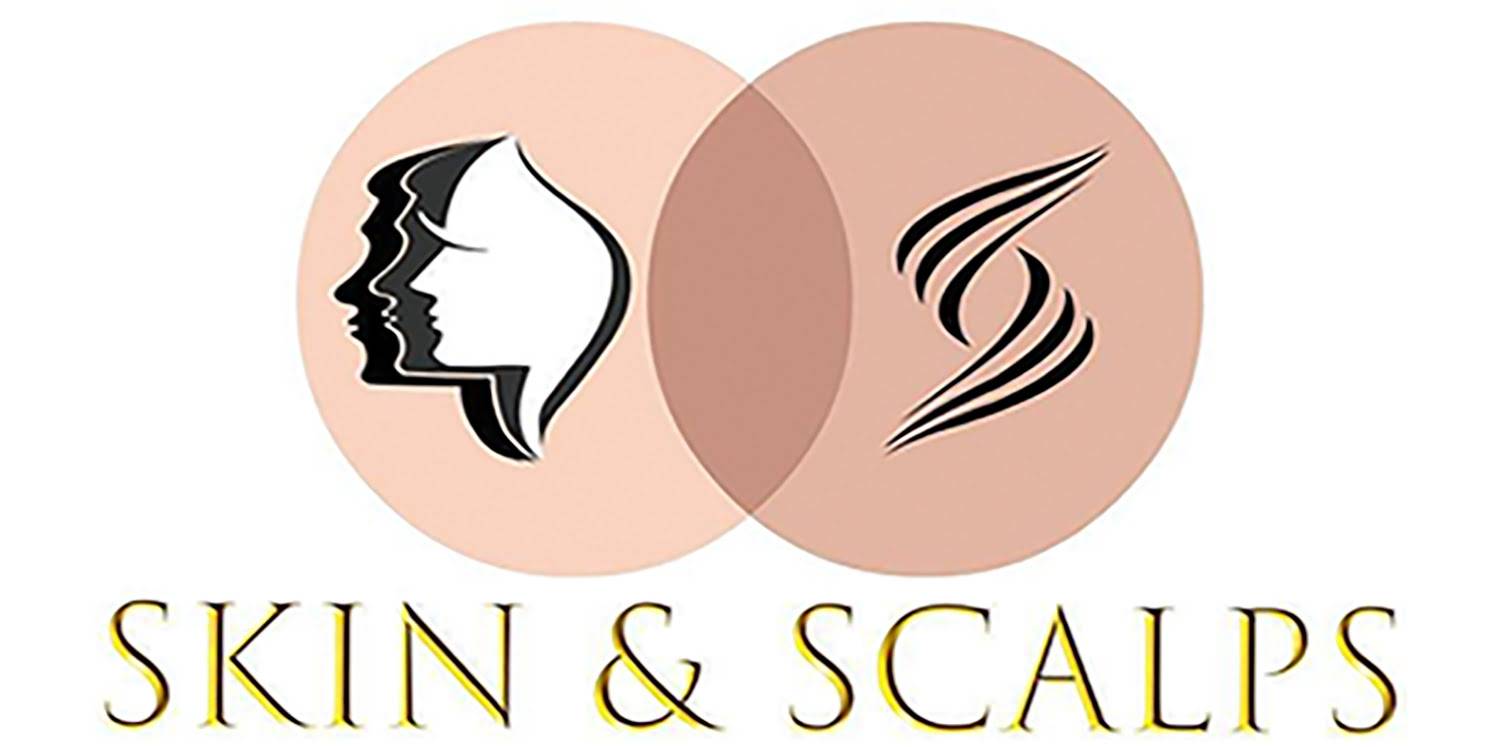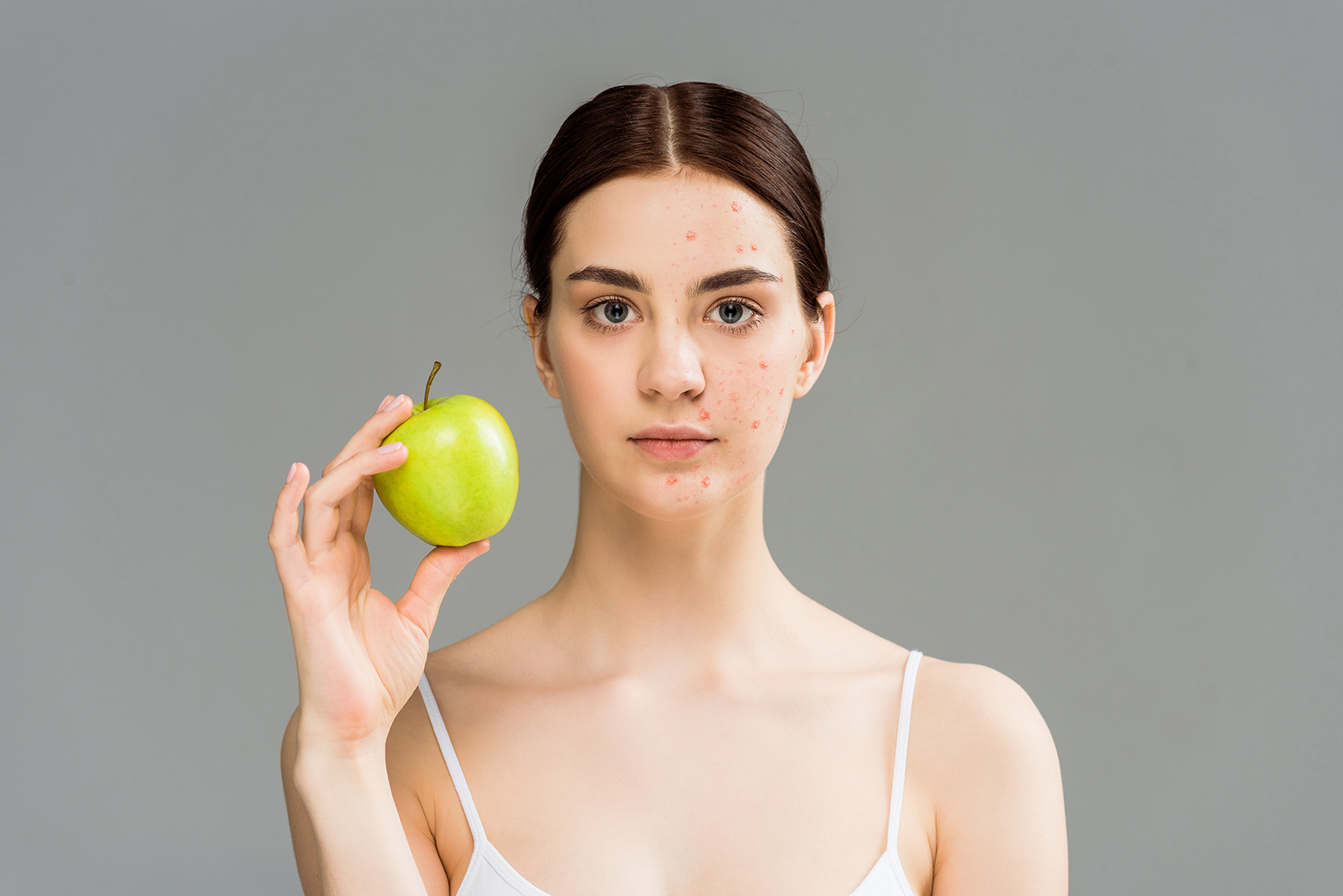Acne, the pesky skin trouble that millions around the globe battle show up as a mix of unwelcome pimples, blackheads, and whiteheads. Although it is most prevalent in teenagers, people of all ages can experience acne breakouts. The good news is that acne can be managed and prevented with the right knowledge and skincare routine. In this blog, we’ll explore the primary causes of acne and discuss practical steps to prevent breakouts for a healthier and more radiant complexion.
Understand the root causes of acne
To effectively prevent acne, it’s essential to understand its underlying causes. Acne occurs when the skin’s hair follicles become clogged with oil and dead skin cells, leading to inflammation and the formation of pimples, blackheads, and whiteheads. The primary factors contributing to acne development include:
- Excess oil production
- Hormonal fluctuations
- Bacteria
- Dead skin cell buildup
- Inflammation
Establish a consistent skincare routine
A consistent skincare routine is crucial for preventing acne breakouts. Follow these key steps as part of your daily routine:
- Cleansing: Gently wash your face twice a day with a mild, non-comedogenic cleanser to remove excess oil, dirt, and makeup.
- Exfoliating: Use a gentle exfoliant 1-2 times per week to remove dead skin cells and unclog pores. Avoid harsh scrubs that can irritate the skin and exacerbate acne.
- Moisturizing: Apply a lightweight, oil-free moisturizer daily to maintain skin hydration and prevent dryness.
- Sun protection: Protect your skin from the sun’s harmful rays with a broad-spectrum sunscreen of SPF 30 or higher.
Choose acne-fighting ingredients
Incorporate products containing acne-fighting ingredients into your skincare routine, such as:
- Salicylic acid: A beta hydroxy acid that unclogs pores and reduces inflammation.
- Benzoyl peroxide: An antibacterial agent that kills acne-causing bacteria and removes excess oil.
- Retinoids: Vitamin A derivatives that promote cell turnover and unclog pores.
- Niacinamide: A form of vitamin B3 that reduces inflammation and regulates oil production.
Maintaining a healthy diet
Diet can play a role in acne development. To keep your skin clear and healthy, consider adopting a balanced diet rich in fruits, vegetables, whole grains, lean proteins, and healthy fats. Additionally, avoid consuming excessive amounts of sugary or high-glycemic foods, which may contribute to inflammation and acne breakouts.
Manage stress levels
Stress can worsen acne by triggering the release of cortisol, a hormone that increases oil production in the skin. Practice stress-reduction techniques, such as mindfulness meditation, deep breathing exercises, or engaging in physical activities like yoga, to keep stress levels in check.
Keep your hands off your face
Constantly touching your face invites unwelcome guests like dirt, oil, and bacteria from your hands to your skin, paving the way for pesky acne breakouts. Avoid picking, popping, or squeezing pimples, as this can cause scarring, infection, and further inflammation.
Change your pillowcases and clean your phone regularly
Pillowcases and smartphones can harbor bacteria and oil, which can transfer to your skin and cause acne breakouts. Change your pillowcases at least once a week and regularly clean your phone with a suitable disinfectant.
Conclusion
Preventing acne requires a holistic approach that addresses both internal and external factors. By understanding the root causes of acne, adopting a consistent skincare routine, choosing the right ingredients, maintaining a healthy diet, managing stress, and practicing proper hygiene, you can significantly reduce the likelihood of acne breakouts and achieve a clearer, healthier complexion. Remember that patience and consistency are key when it comes to preventing and managing acne. It might be a matter of weeks or even months before your skin shows those sought-after changes. If your acne persists or worsens, consider consulting a dermatologist or skincare professional for personalized advice and treatment options. In summary, taking care of your skin and overall well-being can help you prevent acne and maintain a radiant, blemish-free complexion. By following the tips and recommendations in this blog, you’ll be well on your way to enjoying healthy, clear skin.

